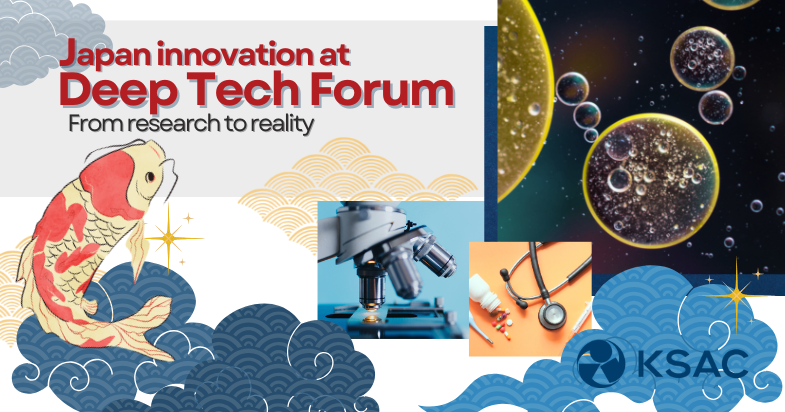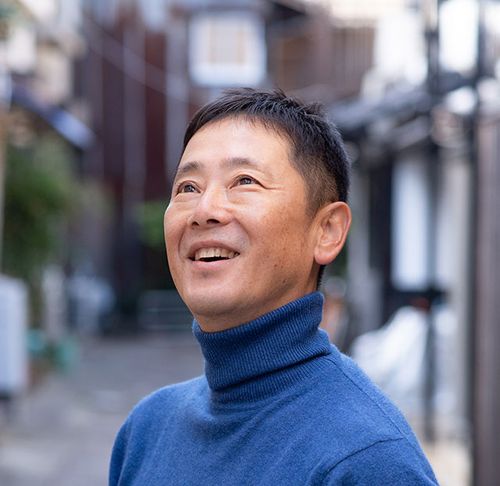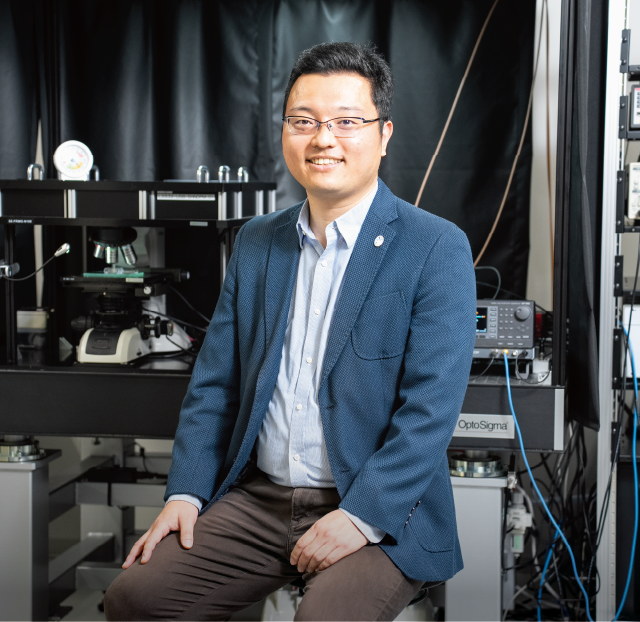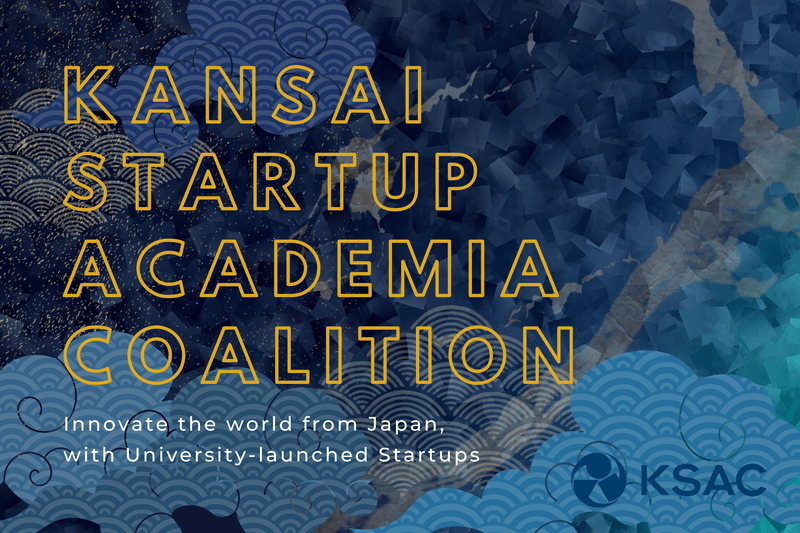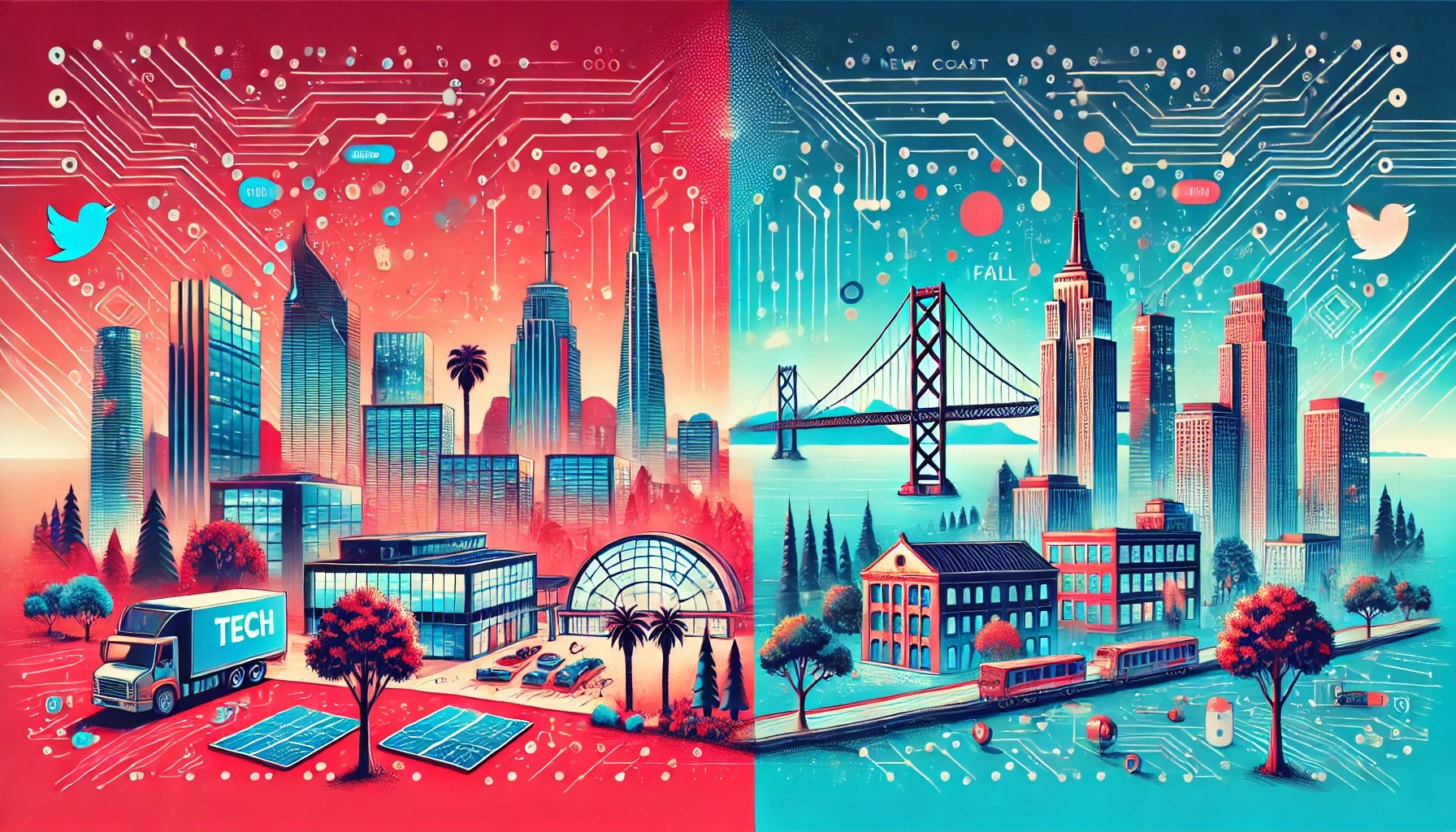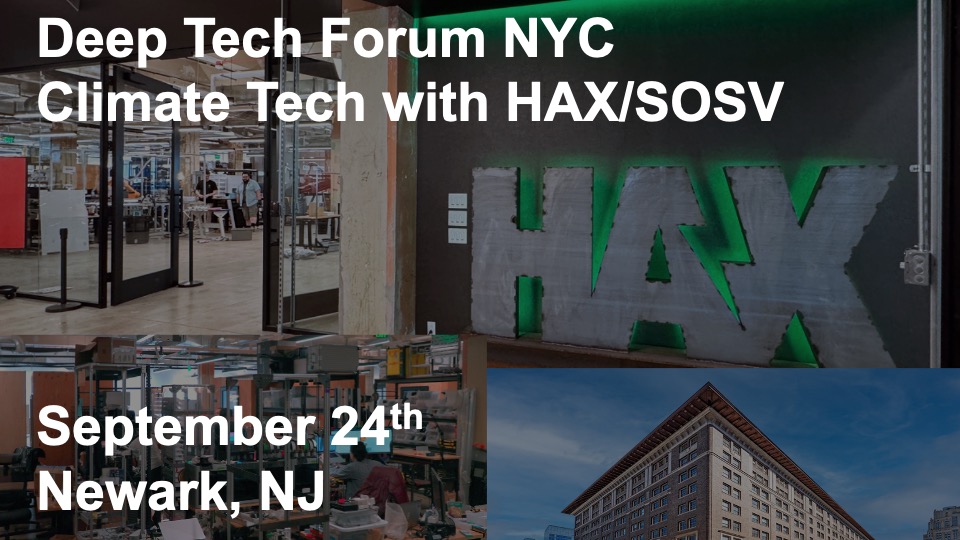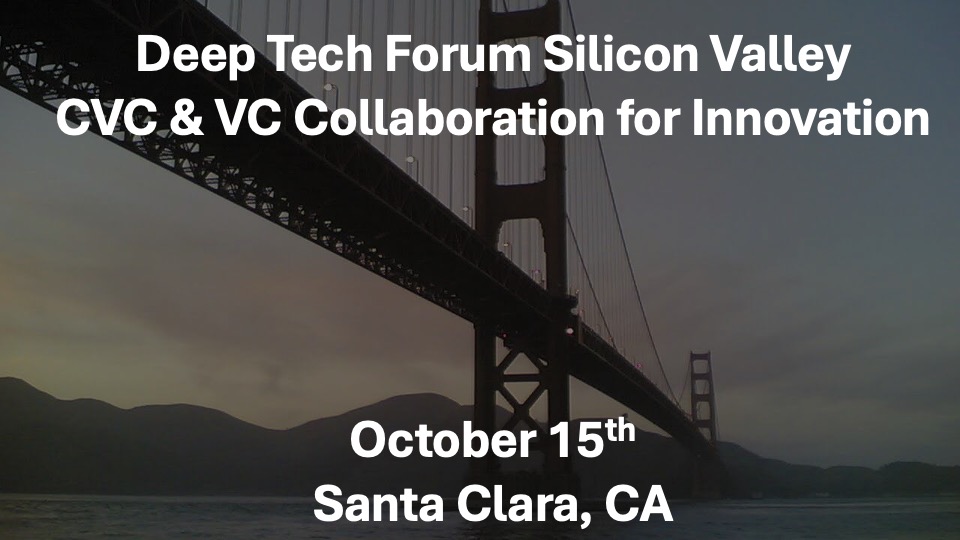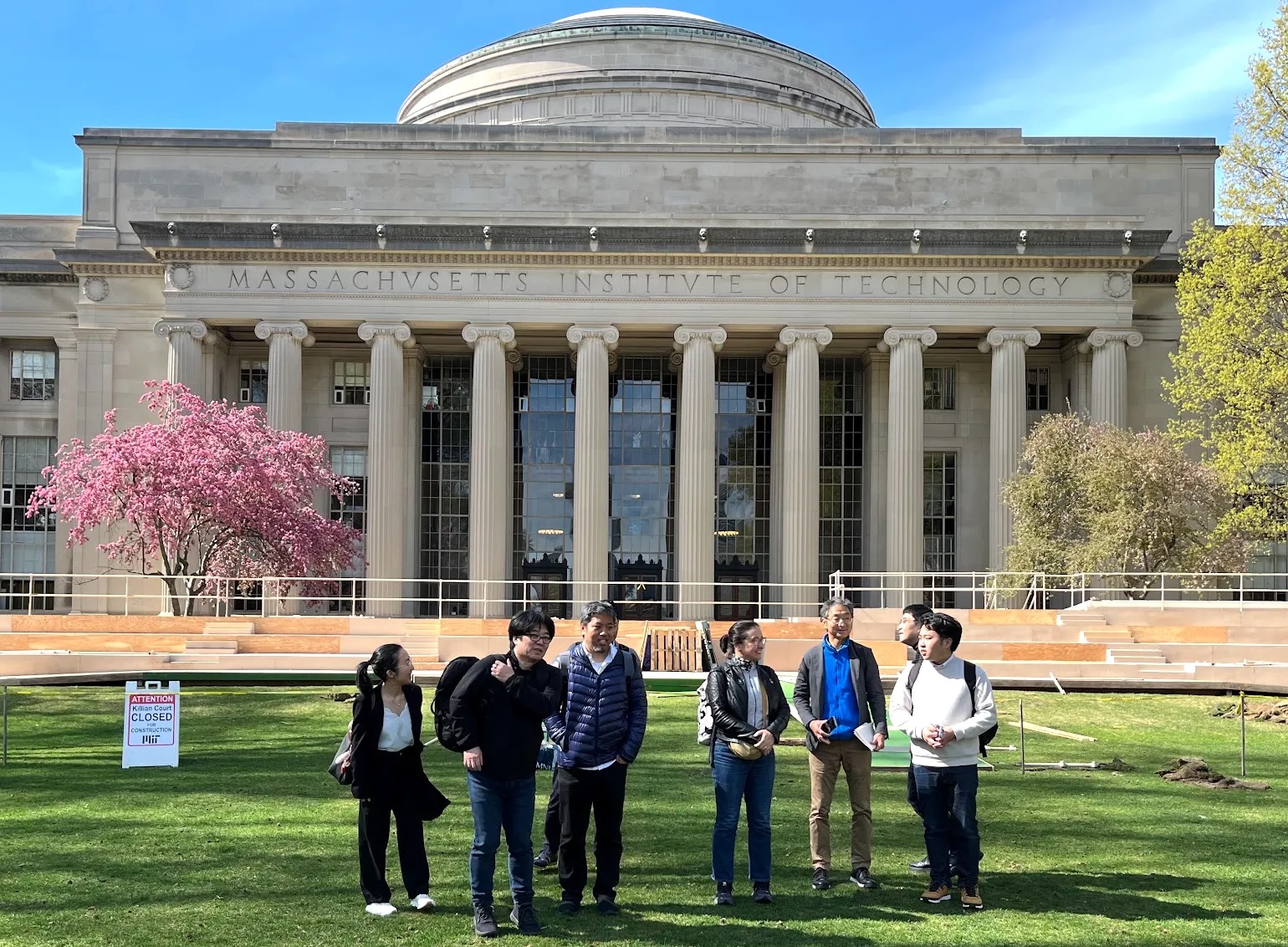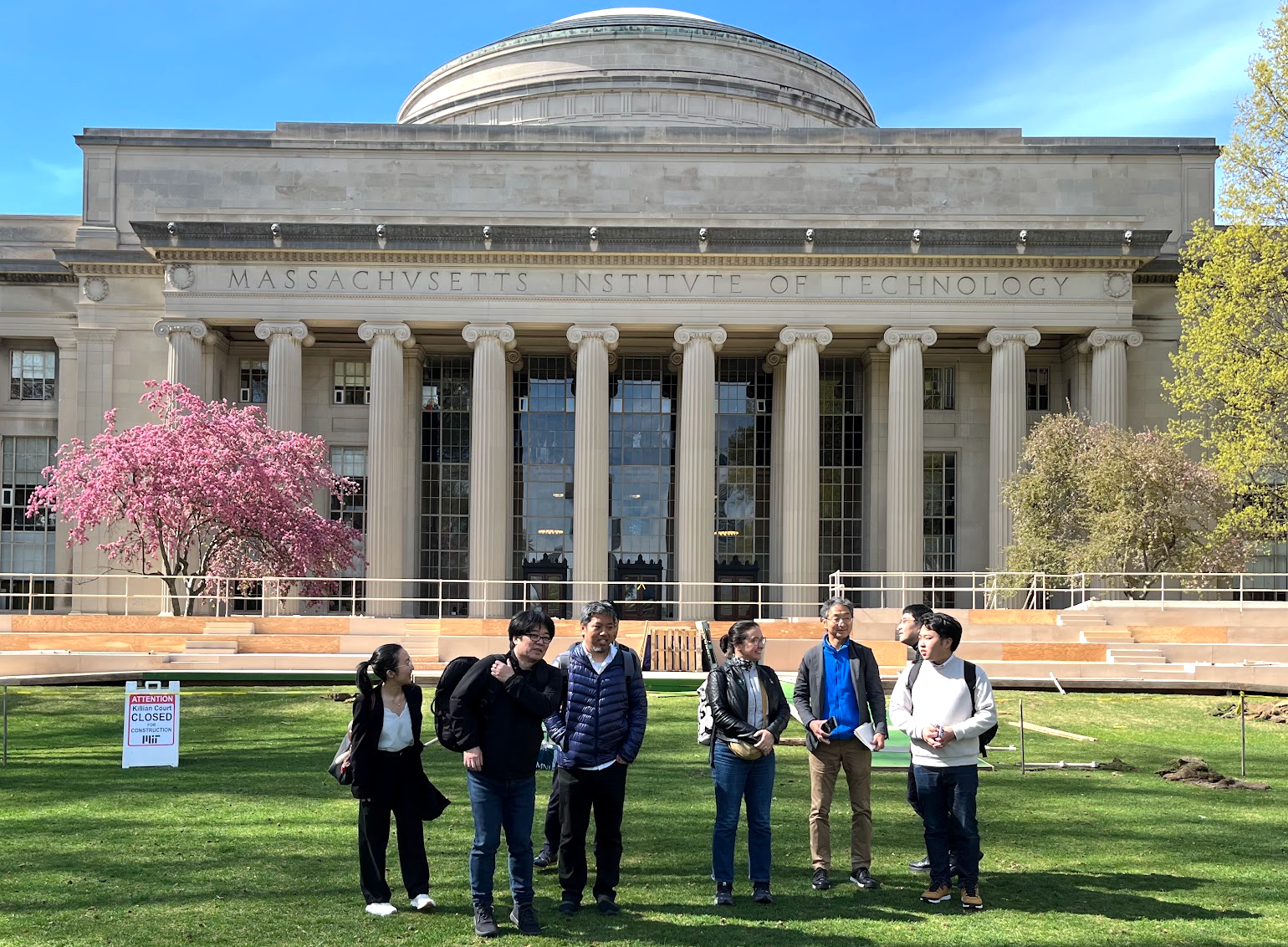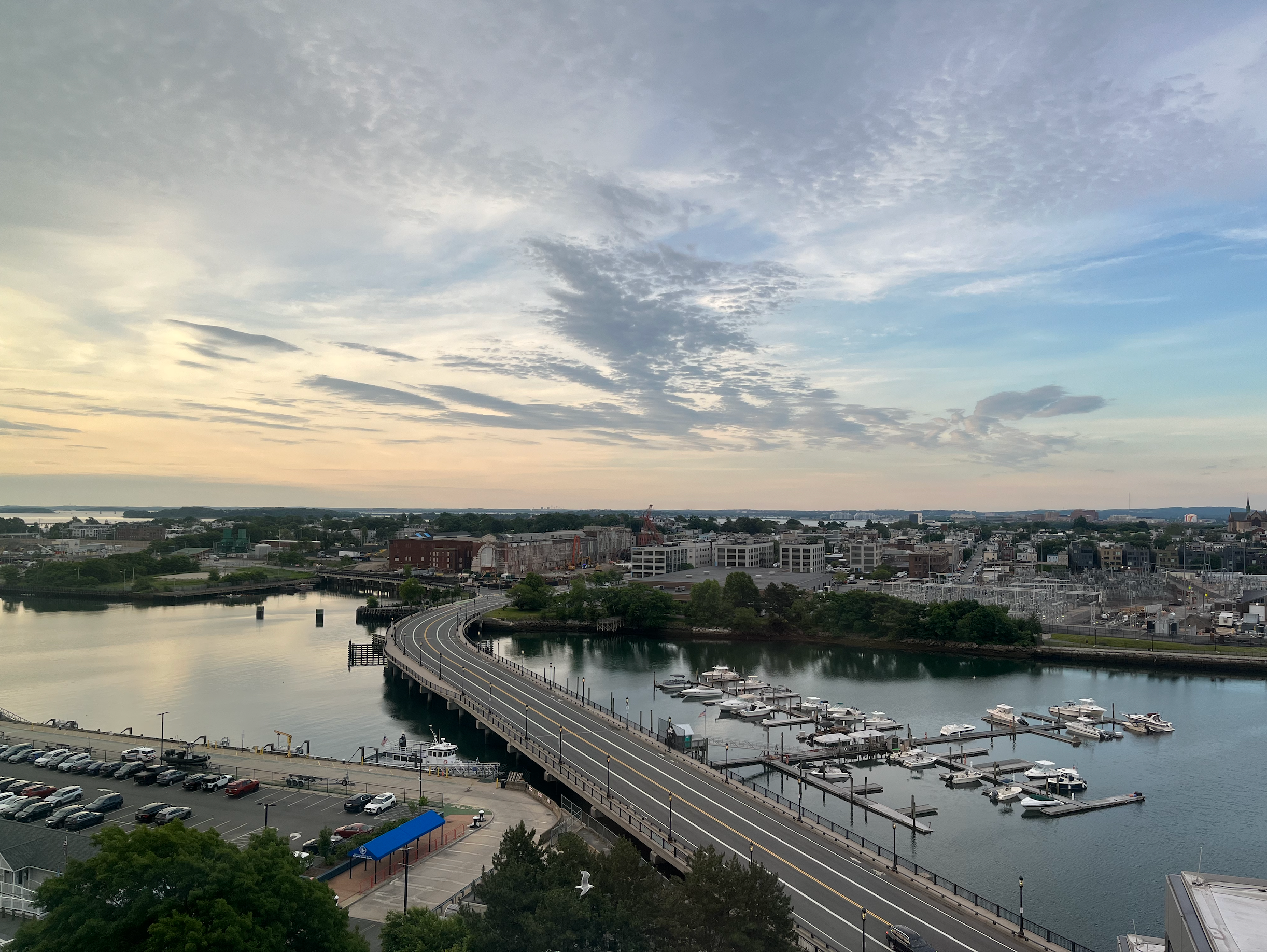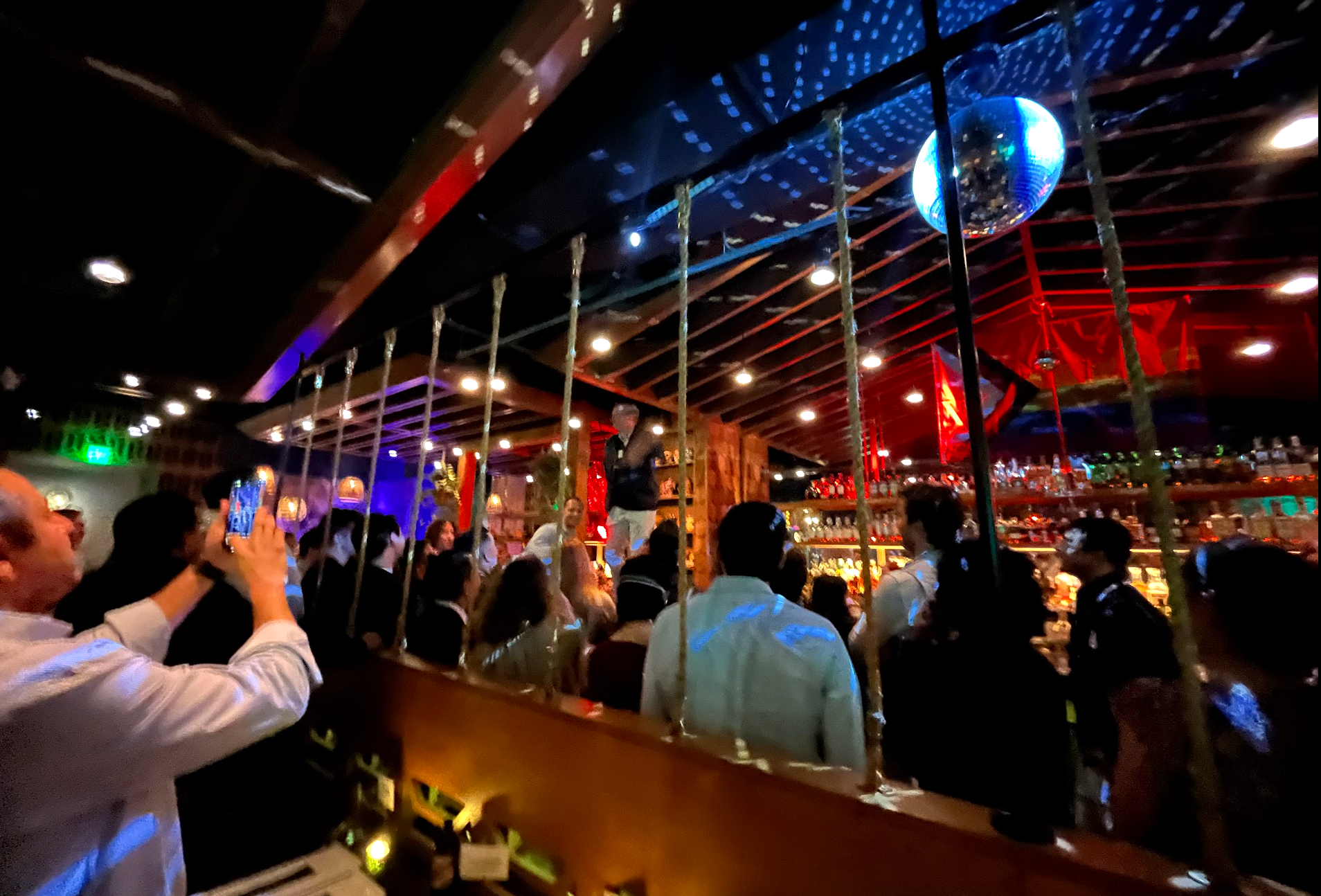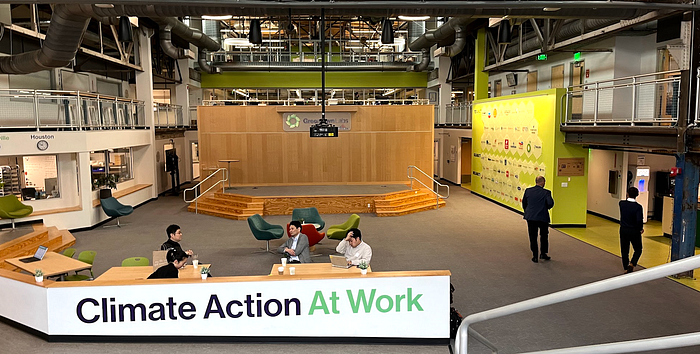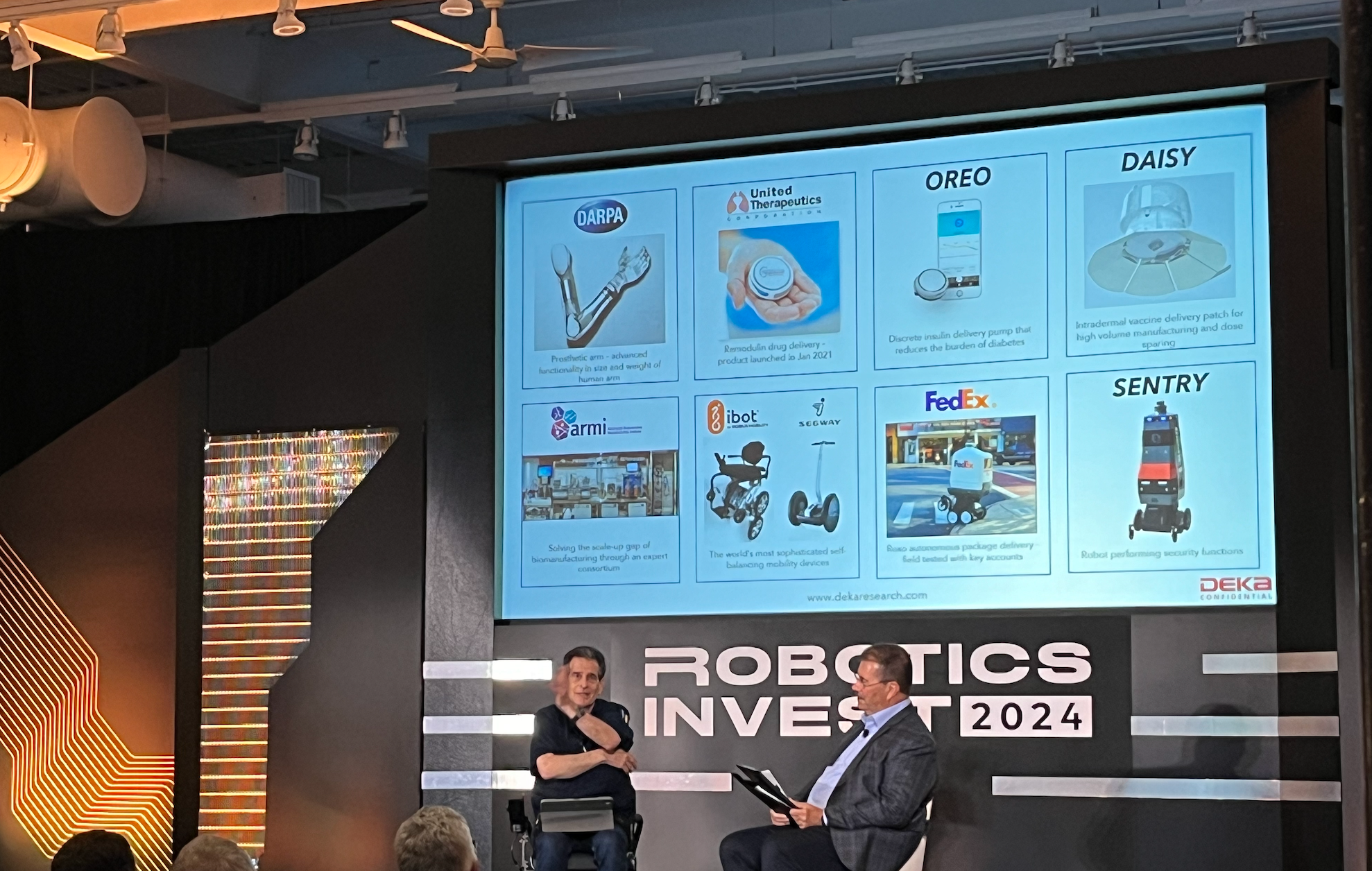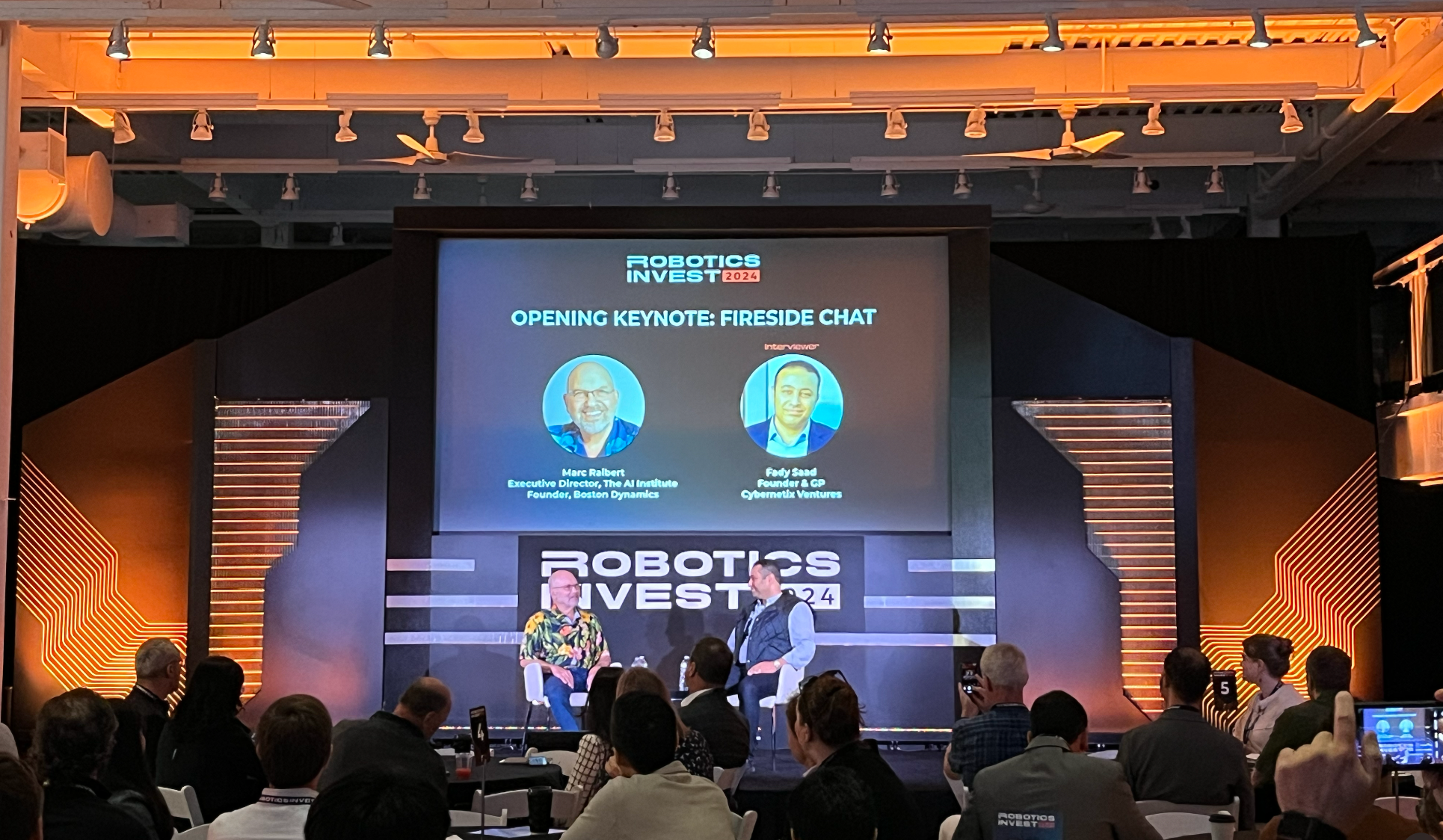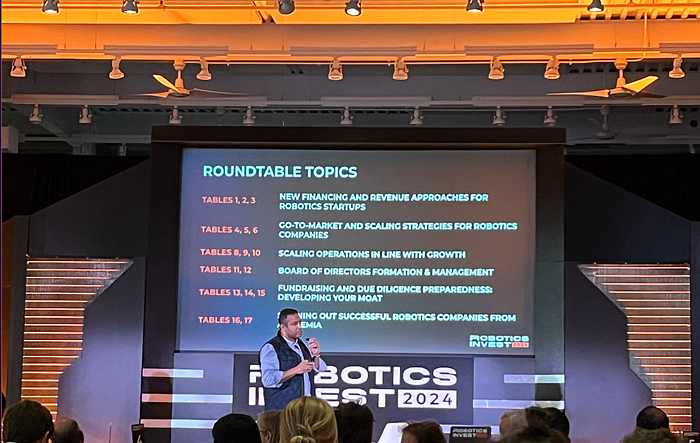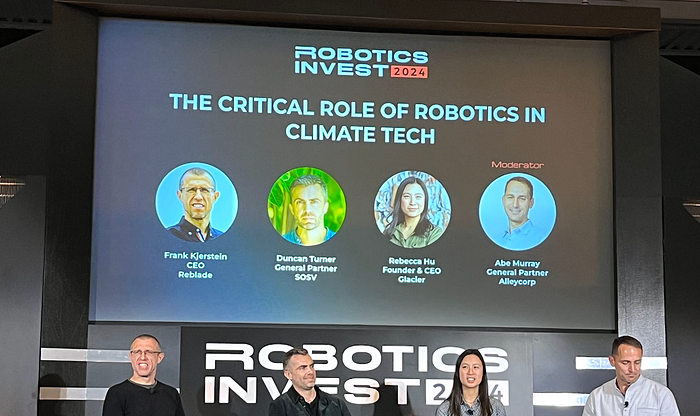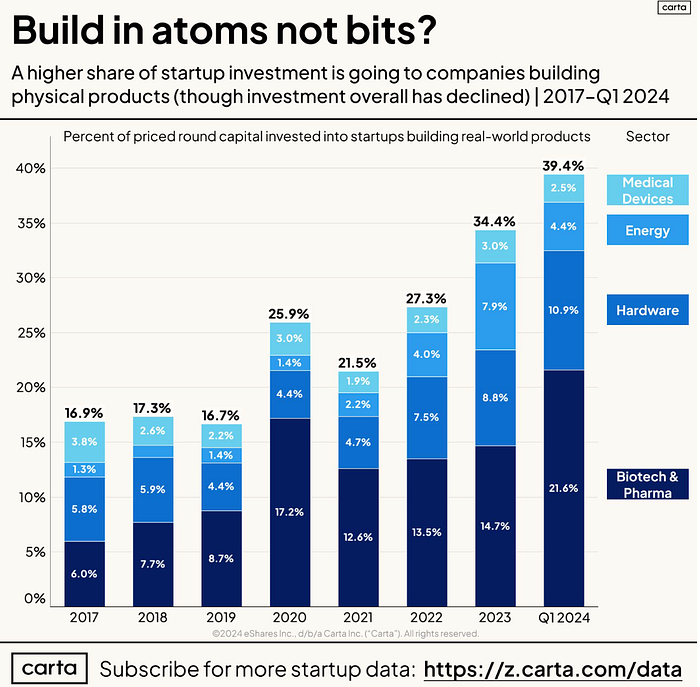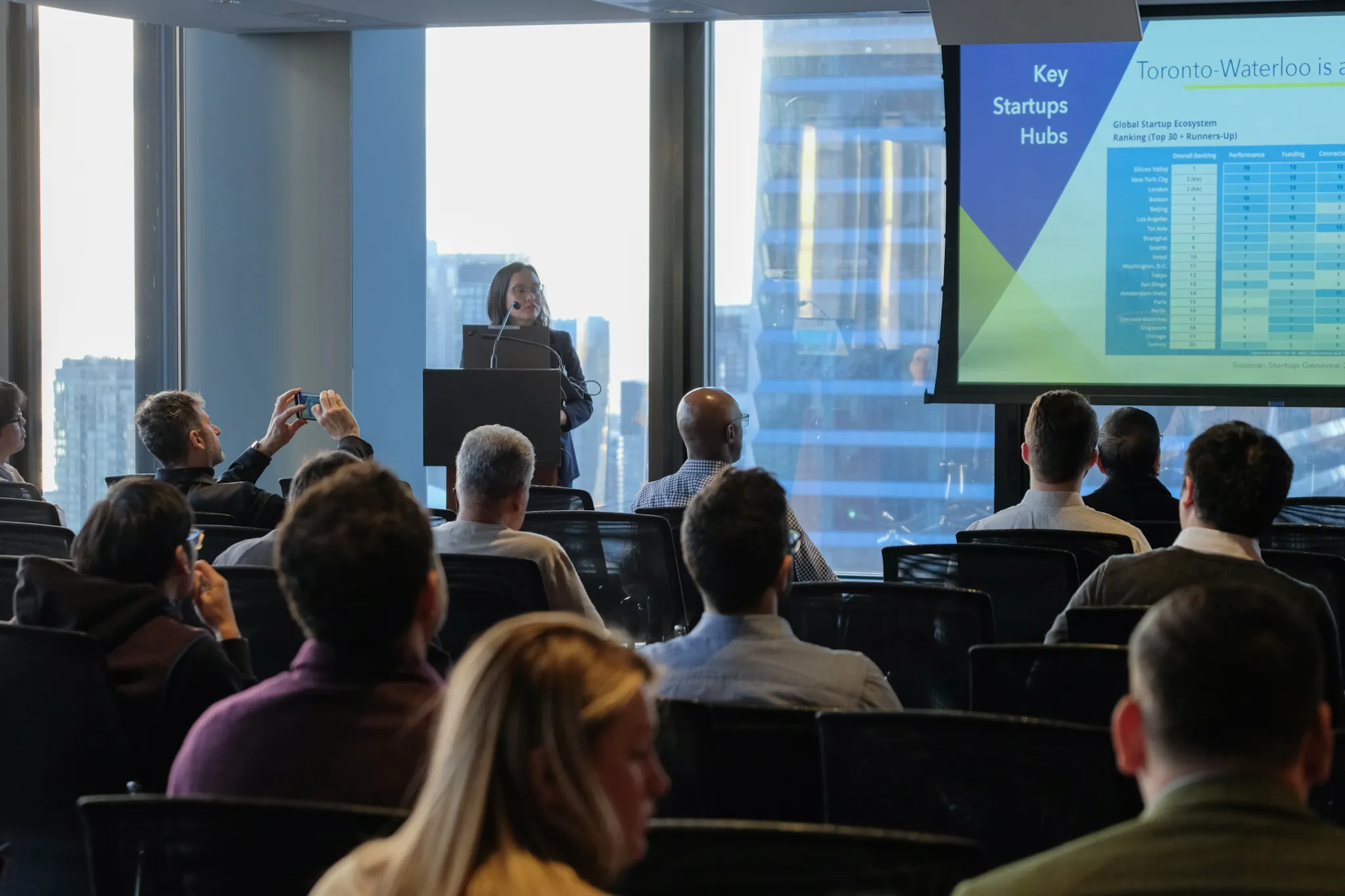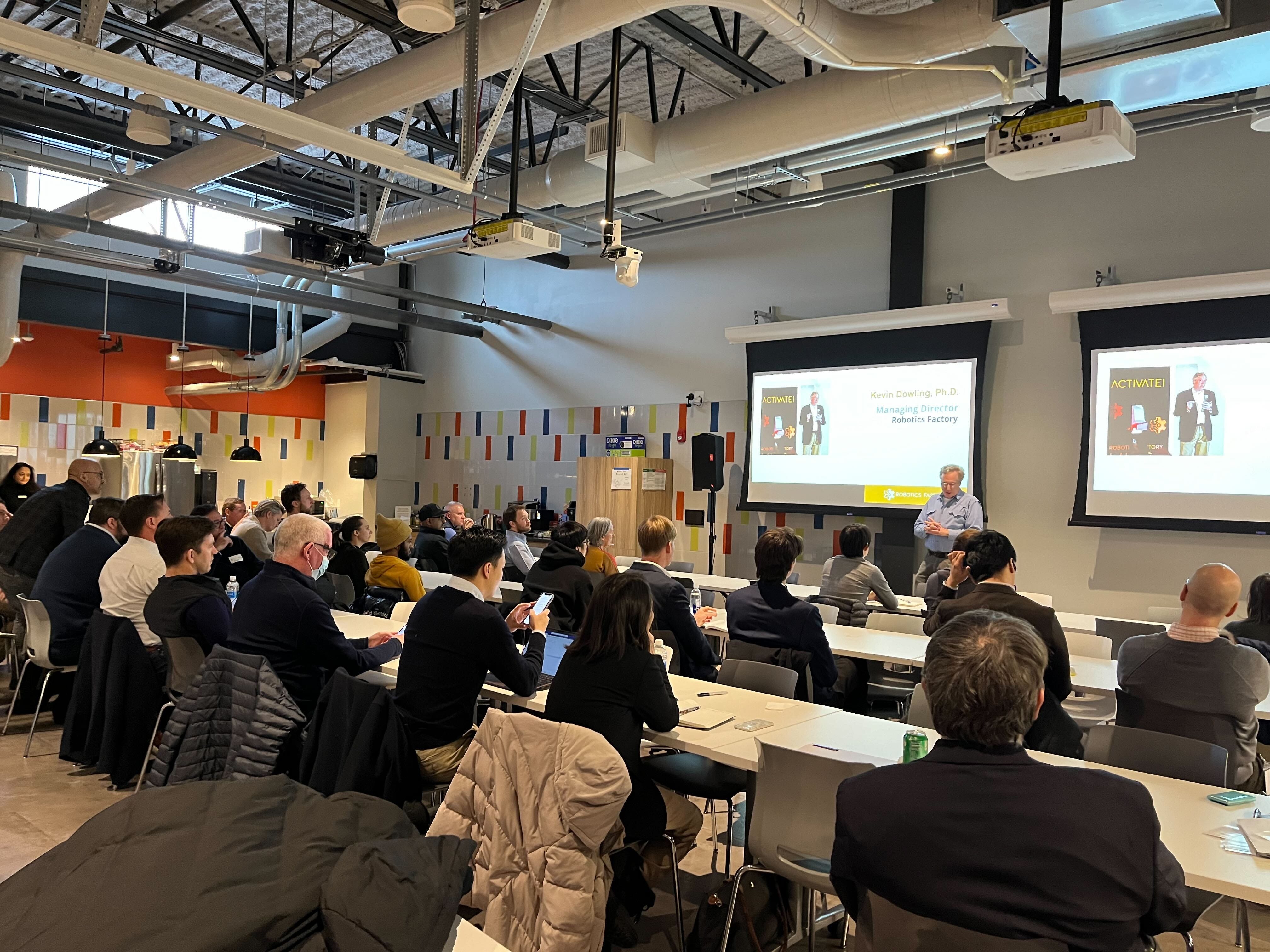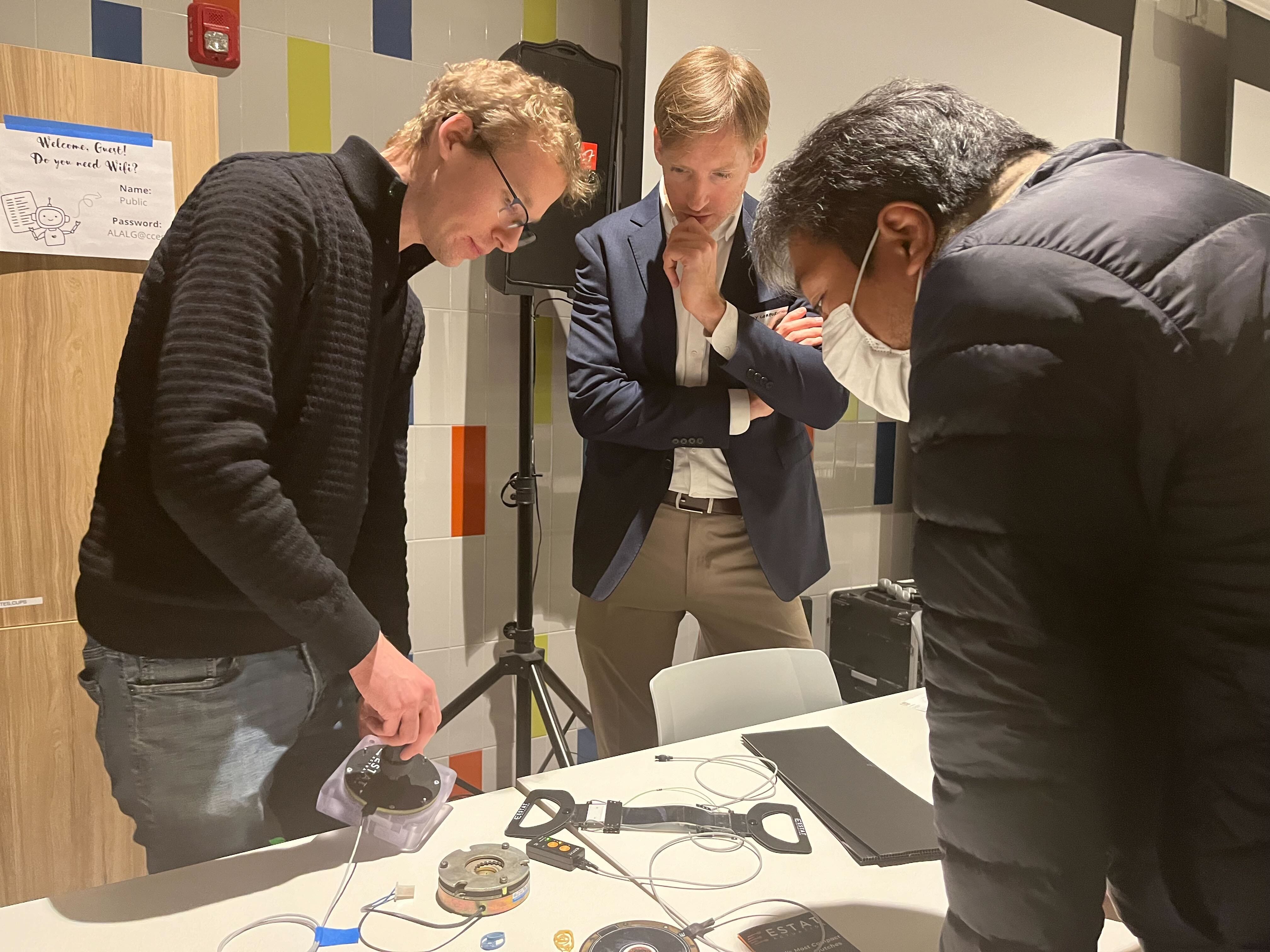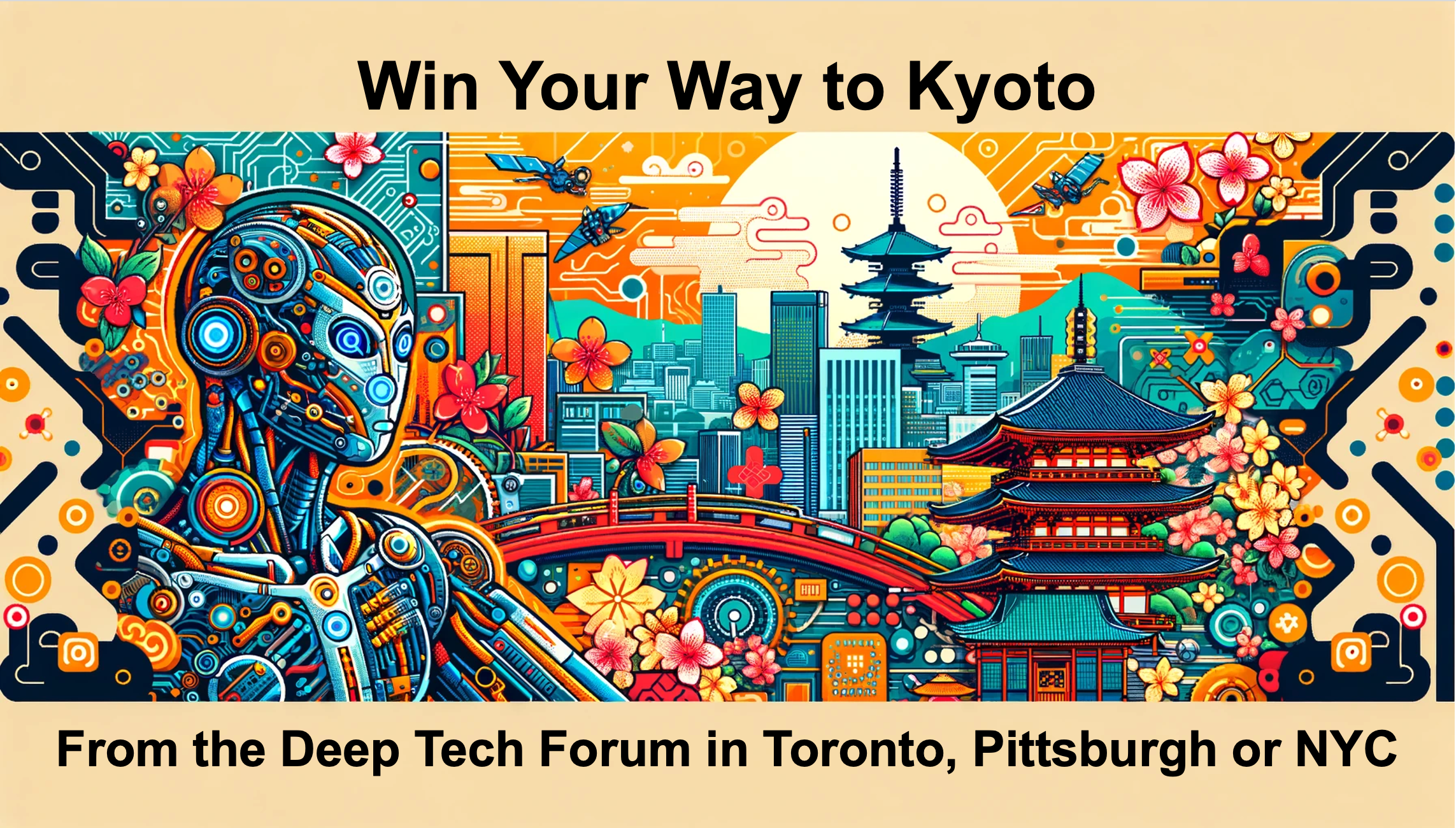Deep Tech Forum: Highlights from NYC 2025 and what to expect for the next upcoming Deep Tech Forum Tokyo 2026!
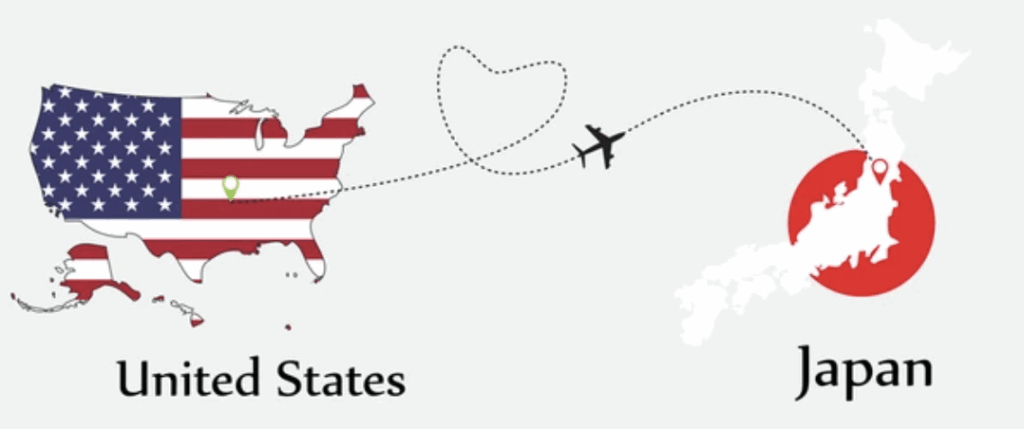
After co-hosting Deep Tech Forum NYC 2025 with NY Robotics at Brooklyn Navy Yard— our largest event to date — I’m writing these reflections en route to Japan, where Deep Tech Forum Tokyo 2026 will take place on March 5–6!
When I boarded my flight to Tokyo, heading to VC Unlocked Japan (a 500 Global / JETRO initiative to accelerate the Japanese venture ecosystem), after the largest Deep Tech Forum to date during NY Climate Week, two convictions were clear in my head:
- The U.S. deep tech ecosystem is growing at a fast pace and NYC is thriving in becoming a global hub for innovation that matches logistics and supply chain needs for a local re-industrialization. I have been going to NYC often and experiencing the shift in the focus from fintech/SaaS to robotics/automation with the new AI FOMO.
- Japan’s deep tech moment is arriving — fast.
Like a Shinkansen, top investors are aligning to ride this next wave together. Japan’s combination of engineering depth and renewed long term manufacturing goals is unlike anything we’ve seen in decades!
Here’s a retrospective of NYC 2025, what struck me in conversations on the ground, and a peek at how Tokyo 2026 is shaping up.
Demo Day
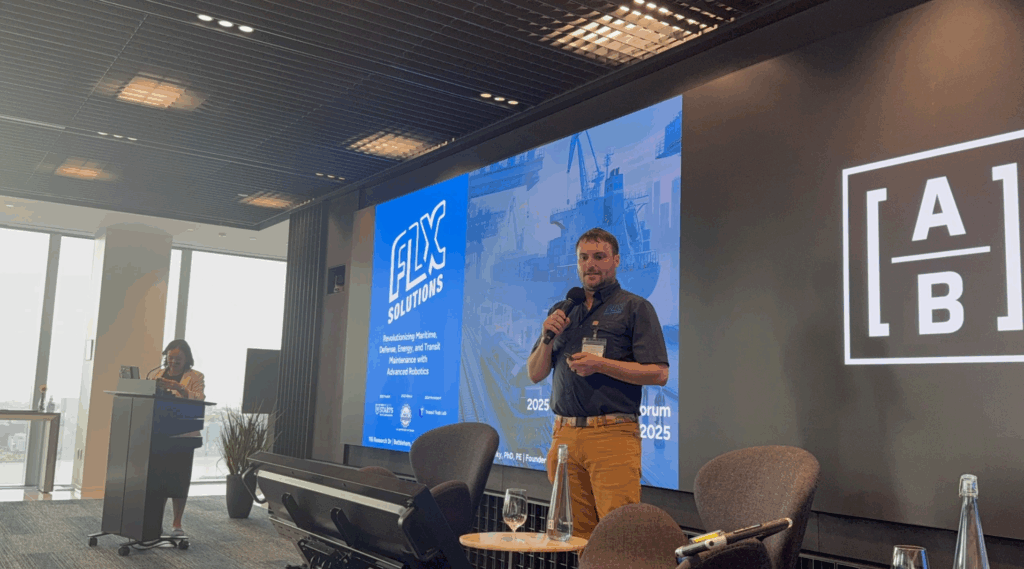
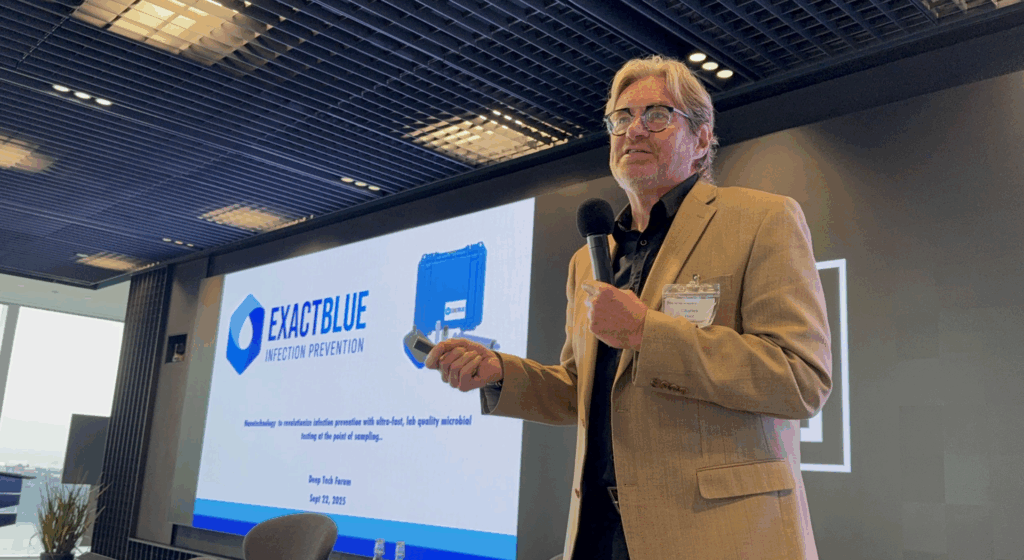
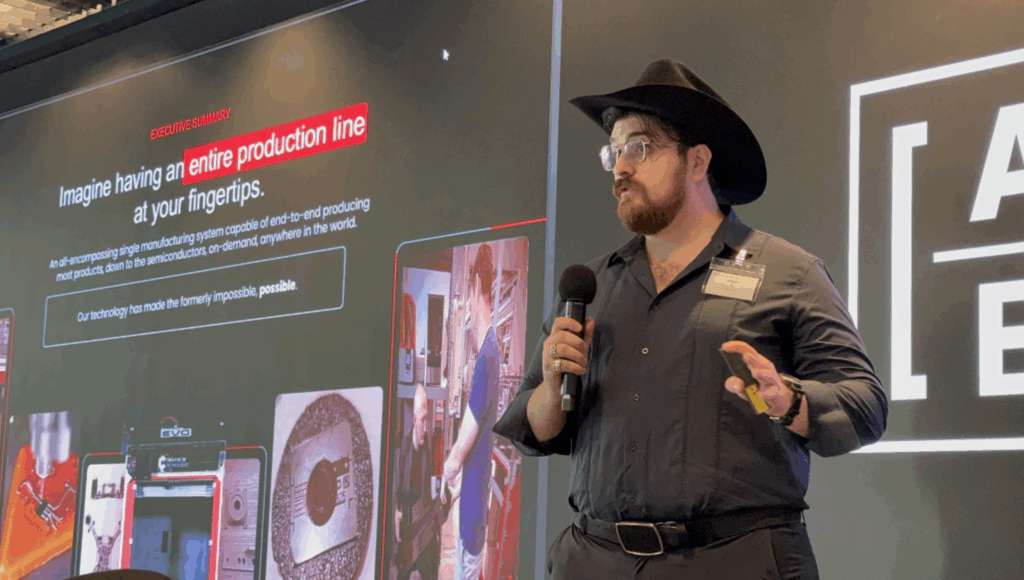
The day before, an invite-only Demo Day unfolded in Hudson Yards, where 10 selected startups pitched to curated investor & corporate audiences.
NYC 2025: Large Venue + Big Ideas= Real Momentum
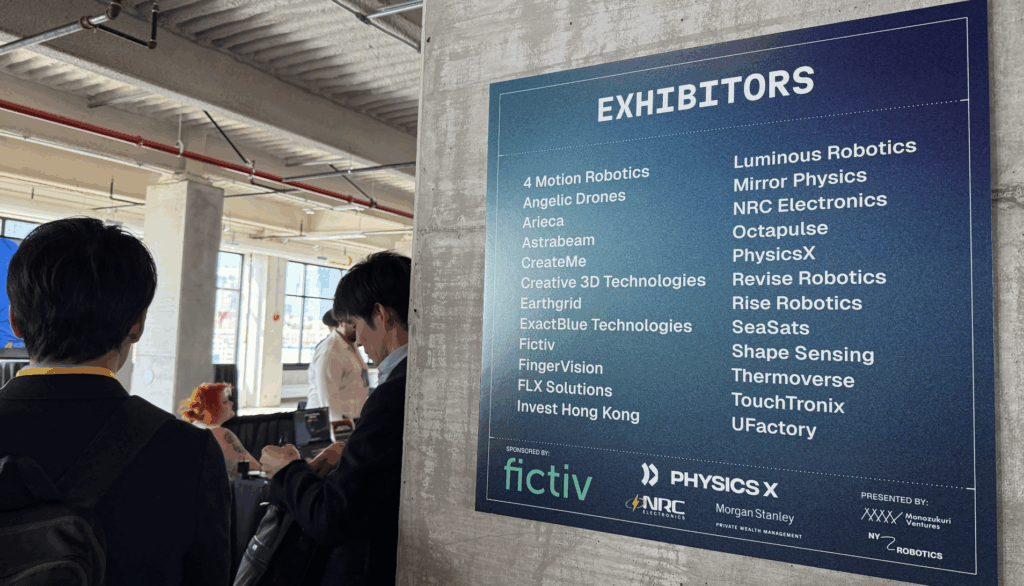
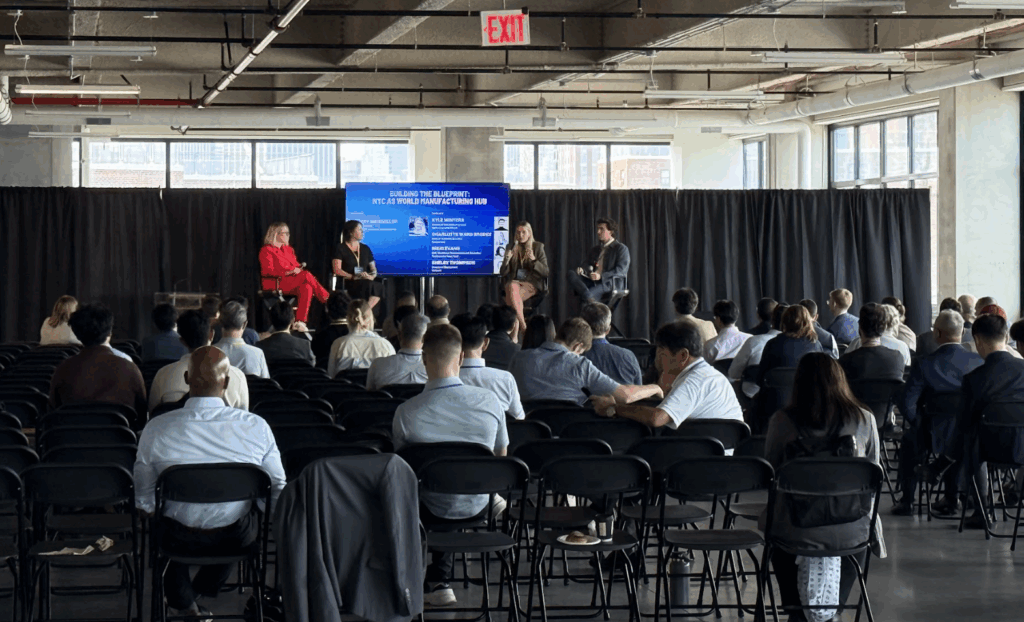
Deep Tech Forum NYC 2025 convened 300+ leaders across startups, investors, corporates, and public-sector players in an integrated conference + expo format.
The “main stage + startup showcase” were on the same floor (Building 303, Brooklyn Navy Yard), which enabled frictionless transitions between panels and demos.
🚀 Deep Tech Forum NYC 2025 — Scale, Energy, and Real Momentum
The setup — one shared floor for main stage, panels, and startup demos — created exactly what deep tech needs most: collisions between capital, capability, and curiosity.
Key themes discussed on stage:
- Manufacturing as Strategic Growth — The framing of the event was potent: deep tech transforming manufacturing from a cost center into a strategic growth engine.
- Physical AI, Robotics, and Automation — Panels and lightning talks drilled into how robotics + AI are being integrated across climate, industrial, and energy systems.
- Climate, Materials, Energy Systems — Several tracks examined how deep tech can decarbonize and rearchitect energy systems, as well as breakthrough materials (e.g. thermal materials).
- Ecosystem & Deal Flow — “efficient deal flow” via proximity of founders, investors, and strategic corporates.
- Cross-Border Collaboration Japanese, Korean, and European investors were especially visible, signaling a new appetite for international deal syndication.
Notable Startups & Showcases
Among the Demo Day finalists and exhibitors were diverse, high-potential names:
- Arieca, working on LMEE thermal materials for EV/AI chips. Video here
- Aquatonomy, applying robotics and AI to underwater inspection and asset operations. Video here.
- FingerVision (Tokyo) with tactile-vision gripper kits for robotic manipulation. Video here
- Seasats, autonomous surface vehicles (ASVs) for long-duration maritime operations across defense, science, and commercial sectors. Video here.
At expo floor there was the diversity of verticals — robotics, energy, materials, life sciences — and founders who deeply understood the hardware + deployment challenges, not just the AI layer. Different stages and cities were also represented beyond our own investment focus and portcos.
Takeaways & Signals
- We saw cross-border interest, especially from Japanese and Asian corporates, scouting tech and partnerships.
- The Demo Day yielded serious conversations; several startups reported follow-up meetings with investors or corporate pilot leads immediately after the event.
- The “single-floor” layout, minimizing friction between show and talk, boosted serendipity — founders could join panels, pivot to demos, or have one-on-one chats with less friction.
Tokyo 2026: What to Expect — and What Needs to Happen
Having just re-engaged with the Japanese ecosystem in Tokyo, Osaka, and Kyoto, I’ve had a front-row seat to how Japan’s deep tech renaissance is accelerating. The Deep Tech Forum anticipates Tokyo 2026 to be a turning point.
- Dates & Format: March 5–6, 2026, in Tokyo (venue TBA). English-first sessions (with interpretation) to enable global participation.
- Workshops & On-Ramps: Day 1 is dedicated to foundational workshops — investor transparency, corporate & CVC playbooks, and entry paths into the Japanese market (legal, tax, talent).
- Forum + Showcase: Day 2 will mirror the standard deep tech tracks (robotics/Physical AI, life sciences, energy/climate, advanced manufacturing), plus curated Japanese startups and global scale-ups.
- Investor Circles & Clinics: Dedicated peer groups, warm intros, and corporate–startup clinics aim to translate connections into pilot deals.
- Global + Local Alignment: One of Tokyo’s goals is to make Japanese VCs/CVCs “LP-ready” — aligning governance, reporting, and joint investment norms for international participation.
What we expect to achieve in Tokyo during Deep Tech Forum 2026:
Bridging Culture & Capital Flows
Japan’s ecosystem is famously deep in technical excellence but less exposed to venture norms (e.g. LP/GP structures, return expectations, risk appetite). Tokyo 2026 must translate those norms, not just for foreign investors entering JP, but for Japanese VCs to integrate globally.
Showcase with Global Signal
The curated Japanese startup showcase needs to be more than domestic posters — it needs to surface ventures that can compete or collaborate globally. I expect to see early-stage spinouts from leading universities, advanced materials or robotics companies, and climate tech breakthroughs.
Pilot Pathways & Corporate Partnerships
For deep tech, capital alone is insufficient — pilots, co-development, and market entry are essential. The program’s “corporate partnership clinics” and on-ramp sessions will be critical to translate introductions into real contracts.
Sustained Momentum Beyond the Two Days
Tokyo 2026 must seed ongoing relationships, not just two-day hype. That means follow-up support, matchmaking, introductions beyond the event, and continuity across Asia and the U.S.
Cross-Border Integration
One of the biggest value propositions: making Tokyo a gateway for U.S. / global deep tech to access Japan (and Asian supply chains, hardware fabs, markets) — and vice versa. I expect bilateral tracks, investor exchanges, and possibly visits to partner sites or testbeds in Japan.
What Comes Next — Our Playbook as an Ecosystem Bridge:
The Deep Tech Forum series of events are in a new phase of physical AI first innovation — where robotics, materials, energy systems, and deployment infrastructure are back in focus.
Tokyo 2026 may represent a new axis in this evolution: one that connects Japan’s engineering strength and manufacturing depth with global capital and ambition from American startup ecosystems.
If you’re a founder, investor, or corporate strategist interested in bridging U.S. and Japan deep tech, now is the moment to engage. Tokyo’s window is opening — let’s step through it together. Share your ideas here!

